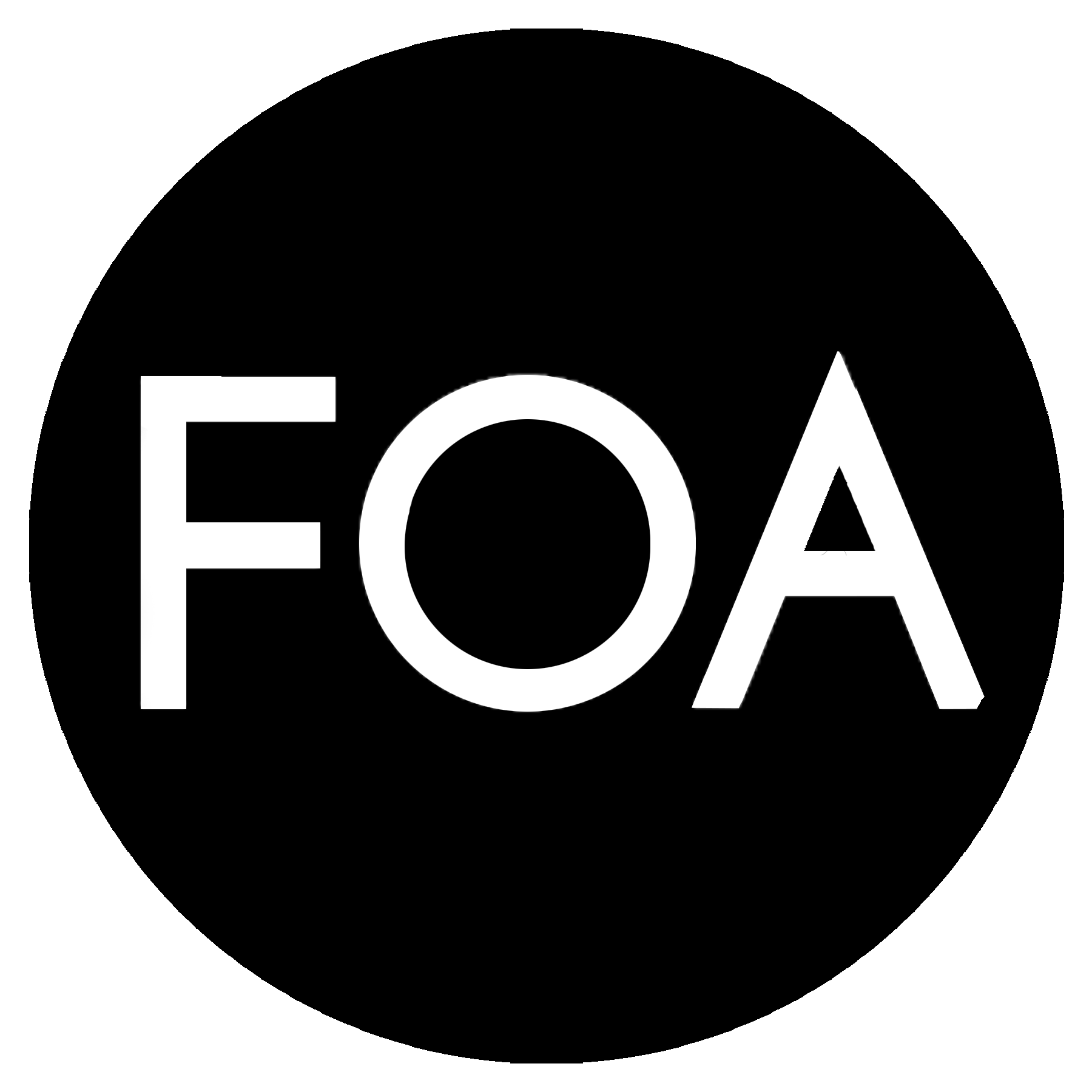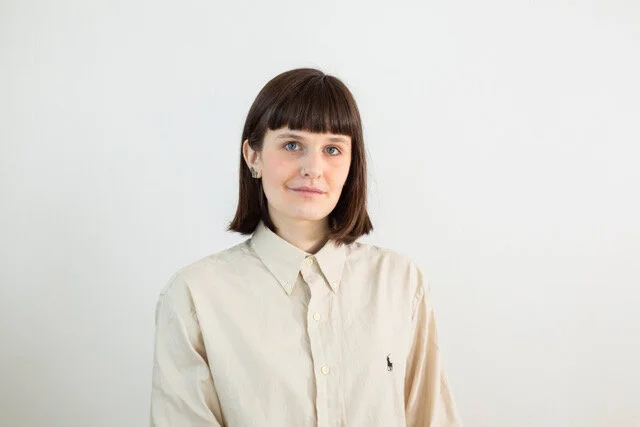Interview with Federica Fiumelli
Federica Fiumelli
Based in northern Italy, Federica Fiumelli is an independent curator, writer, and speaker. She is devoted to supporting emerging artists and founded ArtOff in 2017 to exhibit talented artists in her hometown.
Federica has curated several exhibitions of emerging artists for different exhibition spaces. She was part of the curatorial team for Centrale Festival, an international festival in Italy aimed at young artists.
In Conversation with Federica Fiumelli by Ty Bishop
Can you tell me a little about yourself? How did you originally get into the arts?
I am 30 years old, and I live between Bologna and Florence, which are two of the most important cities in northern Italy.
I have a degree in art history, specifically in communication, art teaching, and cultural mediation of artistic heritage. I am continuing with various post-graduate technical courses to specialize in digital marketing, communication, press office, and digital pr.
I love the two "Cs": culture and communication.I have been writing for ten years now for various online art magazines, especially reviews and interviews. I started with a project for Vogue Italia Online, and then I continued with Wall Street International Magazine, Juliet Art Magazine, and Forme Uniche. I love to write!
Then for three years, I had a radio program on contemporary art and music on a local radio which is very popular in my province. I also love clubbing and electronic music.
I collaborate with an Italian contemporary art gallery and manage social networks as an external collaborator for the gallery, P420.
Agata Torelli, Potendo Possedere, performnace, 2018,
Officina 15, 1a edizione Via della lana e della seta, Ph. Monica Camaggi
Finally, I am also an independent curator. In 2017 I founded ArtOff Contemporary Art in the Apennines - a non-profit project within the spaces of a cultural association to which I belong. The mission is to sensitize the province to art - therefore the different places, far from the city.
ArtOff Contemporary Art in the Apennines sounds like an interesting project. Can you share some of your motivations for starting it and projects you’ve worked on?
I decided to found ArtOff because the association's exhibition space is actually located in a provincial town, and this is already a very important fact. Usually, contemporary art is enjoyed in cities, but I wanted to bet on small realities. I am crazy!
The country where I live has about 5,500 inhabitants, and we are immersed in nature, but still a few kilometers between Bologna and Florence, two very important cities for Northern Italy. So I wanted to create something in the middle, between nature, far from the city, but still close.
So ArtOff already stands out for its physical location - outside the big cities. I believe that everyone, regardless of where they live, should have the opportunity to enjoy art. ArtOff in its 4 years of activity has worked with young artists (I often do scouting in Academies) or with artists of older generations who had no particular ties with galleries.
I’d love to learn more Italian emerging artists. From your writing and experience as a curator, how would describe contemporary Italian art? Is there any particular focus or theme you’ve noticed in the artists you’ve worked with?
In the Italian scenario of emerging artists, I find it very difficult to emerge and work. They have few resources, and often the system focuses on already established artists. However, I must say that independent spaces are very committed to experimentation, betting a lot on emerging artists.
I can freely say that independent spaces are the real source of interest for a researcher. It is precisely in these places, far from the logic of the market that artistic experimentation finds life.
I must also say that I noticed a nice return to painting, drawing, and a constant study and deepening of digital among young artists. In my thinking, obviously, one must not exclude the other.
As the world as started to open up again, you were a curator in the Centrale Festival. How did the festival go? After over a year of mostly digital experiences, how was the experience of being in-person again?
Centrale Festival went very well, and being part of the curatorial team was very stimulating. Returning to the physical places was wonderful, seeing the works live, being able to talk to people, artists and other curators was really exciting! However, I continue to hope that physical and digital skills continue to walk together, one must not exclude the other.
Agata Torelli, Potendo Possedere, performnace, 2018
Officina 15, 1a edizione Via della lana e della seta, Ph. Monica Camaggi
You’ve worked on so many great projects around emerging artist. Why does art mean so much to you?
Working daily with emerging artists allows me to give value to always renewed, always different visions. I deal with art precisely to question myself about the multiple meanings of things. I also strongly believe in the research of emerging artists who do not yet have close ties with the art system or the market, free artists who can best experiment with their own research languages.
Do you have any advice for emerging artists?
The suggestions I can give to emerging artists are to continue to study, research always, confront as much as possible with the past and the present and the future, and have an original and strong thought in one's artistic practice. And to experiment, try, fail, always try again.
Matteo Messori, Antiforma, Galleria Ramo 2018




